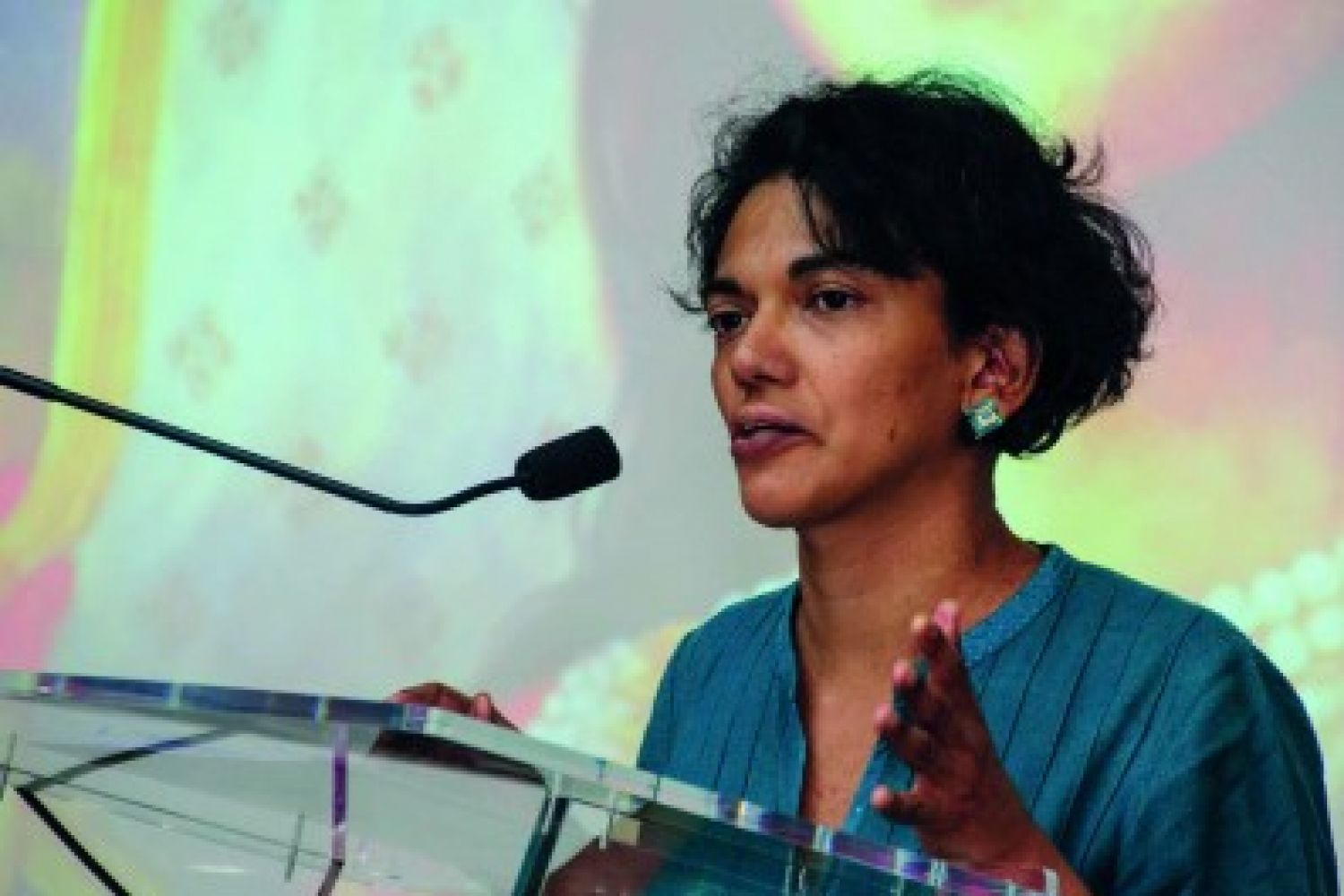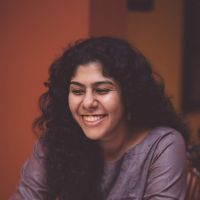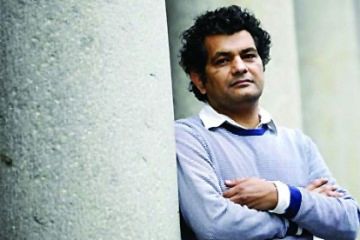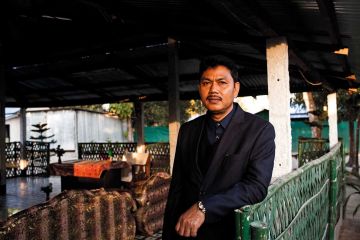
I first met Karthika
Nair through a common friend, at the World Writers’ Festival in Paris in
September 2014. The festival was spread across several venues, linked by the
metro and several streets that looked alike, requiring us to wind in and out of
stations and alleys whose names few of us could pronounce. Nair was the only
festival participant who seemed to know where she was and what she was doing at
any given time.As she negotiated
directions and languages, I wasn’t sure what





